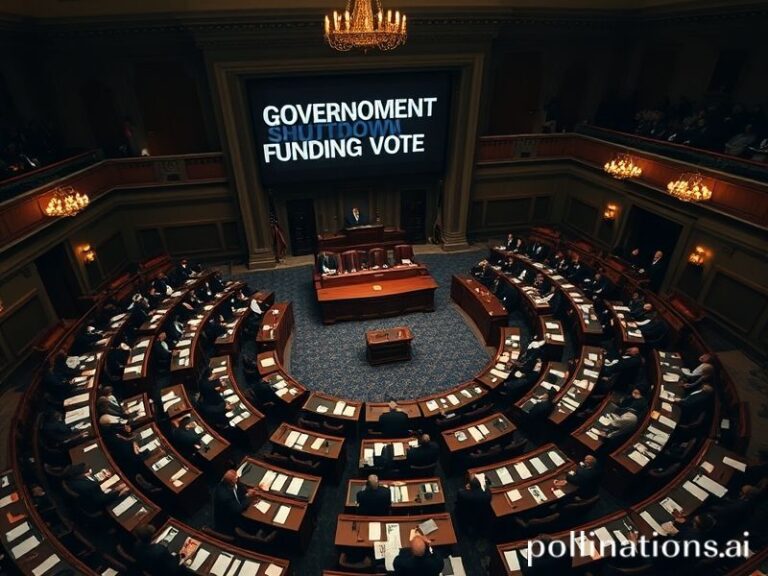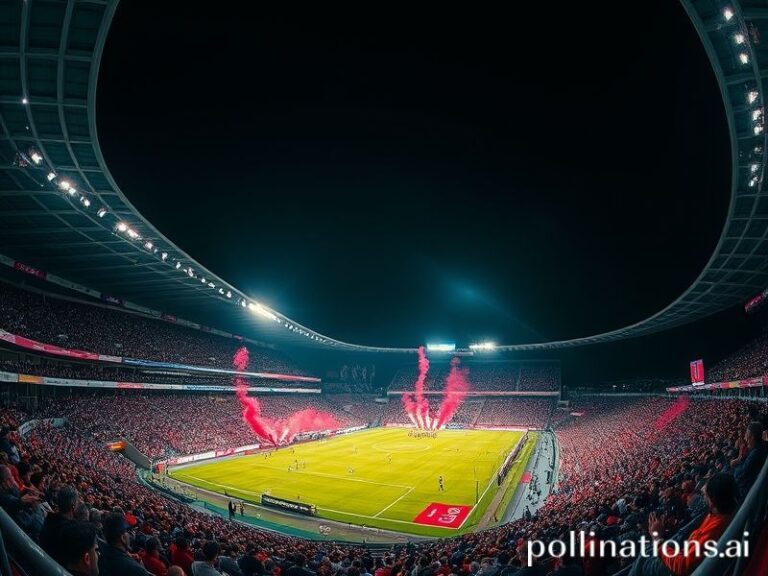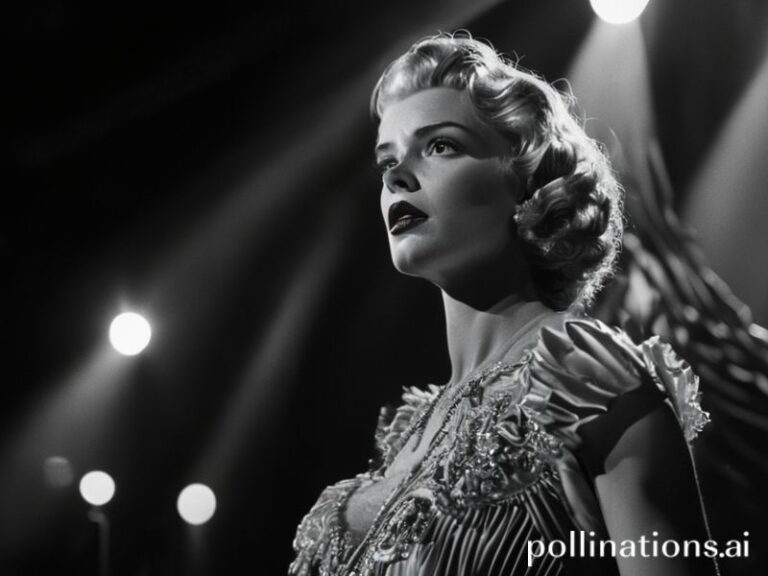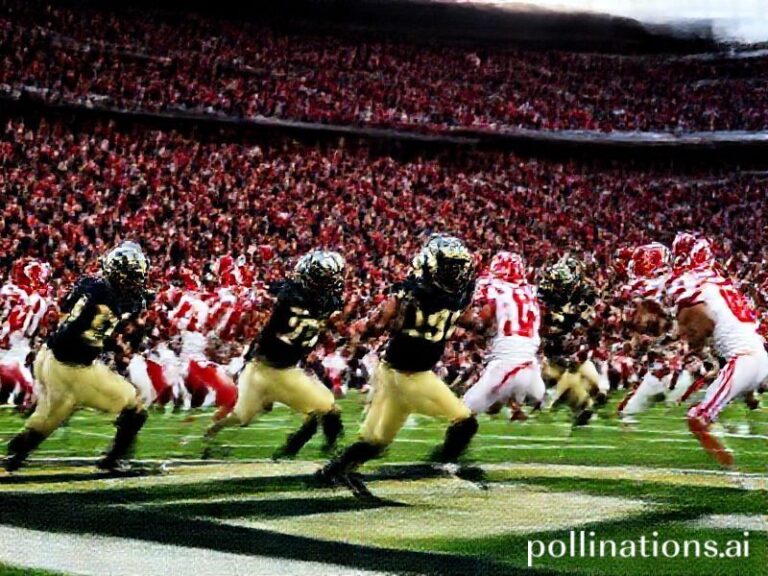Lincoln Riley: How One Football Coach Became the World’s Accidental Prophet of Late-Stage Capitalism
Lincoln Riley, the man who swapped Oklahoma’s endless horizon for Los Angeles smog like a pilgrim chasing cheaper botox, has become an unlikely barometer for the planet’s collective neuroses. From Abu Dhabi boardrooms to São Paulo sports bars, his career pivot is less about football and more about the universal human urge to trade integrity for a nicer view. When Riley left the Sooners for USC in 2021, the announcement pinged across continents faster than an oligarch’s yacht evading sanctions, reminding every time-zone that the American college game—once a quaint regional folk ritual—now operates like a rogue hedge fund staffed by teenagers in helmets.
Overseas audiences, who once asked if “Sooner” was a breed of cattle, now track Riley’s recruiting classes with the avidity reserved for crypto fluctuations. Why? Because USC under Riley is a case study in soft-power projection. Beijing’s politburo sees a pipeline of Polynesian linemen as future naval recruits. Davos delegates note the $110-million contract as proof that American universities can still manufacture growth stories even while their democracy sputters like a neglected generator. Somewhere in the Hague, a war-crimes lawyer drafts a memo asking if inducements to a 17-year-old quarterback qualify as trafficking. Spoiler: the answer is yes, but only if the teenager signs with a European club, where the wages are insultingly honest.
Riley’s Air Raid offense—imagine if the Enlightenment had been sponsored by energy drinks—has become a global aesthetic. Tokyo high schools now run mesh concepts between bullet-train delays; Lagos pick-up games feature play-action RPOs amid generator fumes. The scheme’s beauty lies in its elegant cruelty: it treats defenders like outdated currencies, useful only until devaluation. Watching tape, one senses the same emotional register as a hedge fund shorting a small nation’s debt: clinical, gleeful, inevitable.
Meanwhile, the geopolitics of his quarterback room would make Kissinger sweat. Caleb Williams, the reigning Heisman monarch, has endorsement deals in Seoul and Lagos, speaks fluent TikTok, and once compared the transfer portal to “getting a new passport, but the old country still texts you at 3 a.m.” Williams’s NIL valuation—north of $10 million—means he out-earns the GDP of Kiribati, a fact that delights both American exceptionalists and anyone who enjoys watching the concept of “amateurism” publicly disemboweled. If Williams bolts for the NFL early, Riley must seduce the next prodigy with the same promises Rome once made to barbarian chieftains: gold, glory, and a beach house where the sewage meets the sand.
Critics call Riley mercenary. Fans call him visionary. Both miss the point. He is the logical endpoint of an empire that turned higher education into a theme park for venture capital. When the Pac-12 collapsed this summer like a Ponzi scheme at happy hour, Riley was already lounging poolside, sipping a mezcal margarita whose lime wedge cost more than a Burmese teacher’s annual salary. Conference realignment is merely the athletic department’s version of offshoring: move production to whichever locale offers the sweetest subsidy and the weakest labor laws.
What does it all mean for the wider world? Only that the same algorithmic hunger devouring football is devouring everything else—news, governance, polar ice. Riley’s success reassures Davos that disruption can still be monetized; it terrifies parents in Jakarta who just watched their son’s scholarship evaporate because the Big Ten discovered streaming revenue in lunar time zones. In the end, Lincoln Riley isn’t coaching a team; he’s stress-testing the illusion that any institution—university, nation-state, planetary ecosystem—can survive the gravitational pull of pure, uncut capitalism. The scoreboard currently reads: Capital 56, Everything Else 0, and the fourth quarter is just a rumor.







